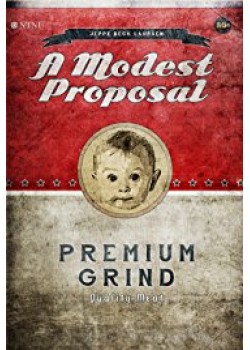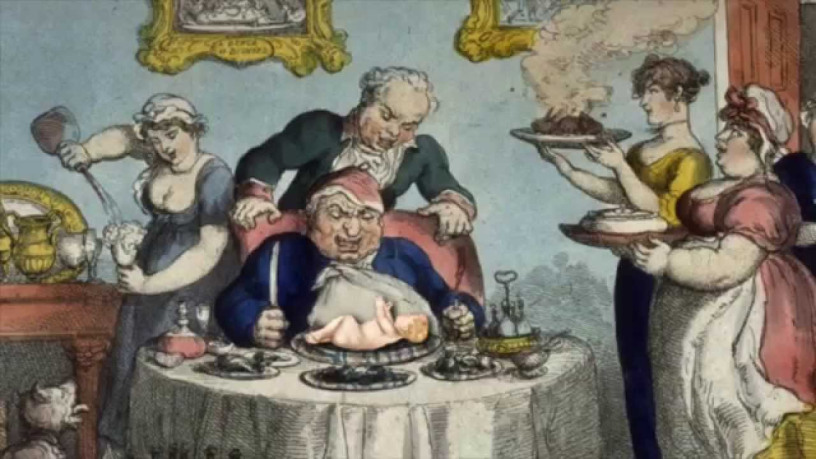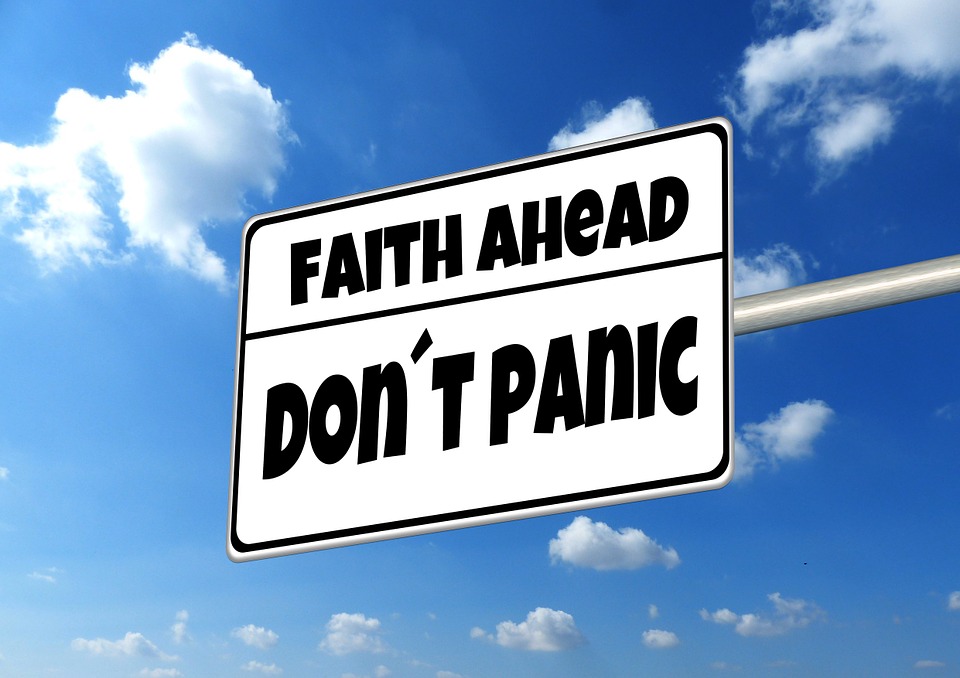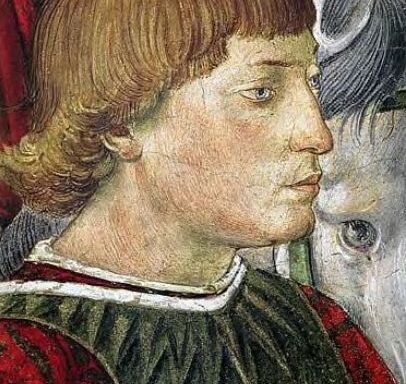This work, if any, was one of the most influential on my own development as a writer. I’m going to keep this one brief, because it’s a relatively short book and you should just go out and read it. It’s public domain, so a quick search will take you right to it. Get on that during this quarantine. There are also Kindle editions and paperbacks.

Now, when I was a young writer, I always wanted to write science fiction. But I have a pile of incomplete manuscripts and short stories because I lacked the skills and experience to write the stories well. Instead my work out there is mostly pop-satire and parody, as well as poetry–thanks in no small part to Swift.
Jonathan Swift wrote what may be the greatest satire ever. His sense of irony is almost unparalleled. He wrote this work with a Juvenalian style (we’ll get to Juvenal later in this series.)
The Irish were poor, but this was still before the potato famine.
This extreme poverty led to constant bombardment by the British media of the time. Criticism of how the Irish should pull themselves up by the bootstraps and all that. Now, that may come off as the beginning of a Marxist tirade, but it isn’t. The British were saying all of this while their own boots were on the necks of the Irish. Can’t very well pull yourself up under those circumstances.
This is the beauty of Swift’s satire.
See, the full title of his satire is: A Modest Proposal For preventing the Children of Poor People From being a Burthen to Their Parents or Country, and For making them Beneficial to the Publick.
That alone tells all. Swift proceeds from there to make a sardonic argument that the Irish should sell their children as food to the aristocracy in order to alleviate their own poverty.
This caused a huge backlash at the time, of course,
Why does this matter to you?
Because the waters of literature still ripple from Swift’s ironic rhetoric. If you want to be a good writer or speaker, or a well rounded person in general, Swift’s masterpiece is for you.










I only recently learned that Gulliver’s Travels was political satire, converted and edited as a children’s book. Upon reading the full work, I realized that most of Swift’s points were still applicable today. Especially the third book.